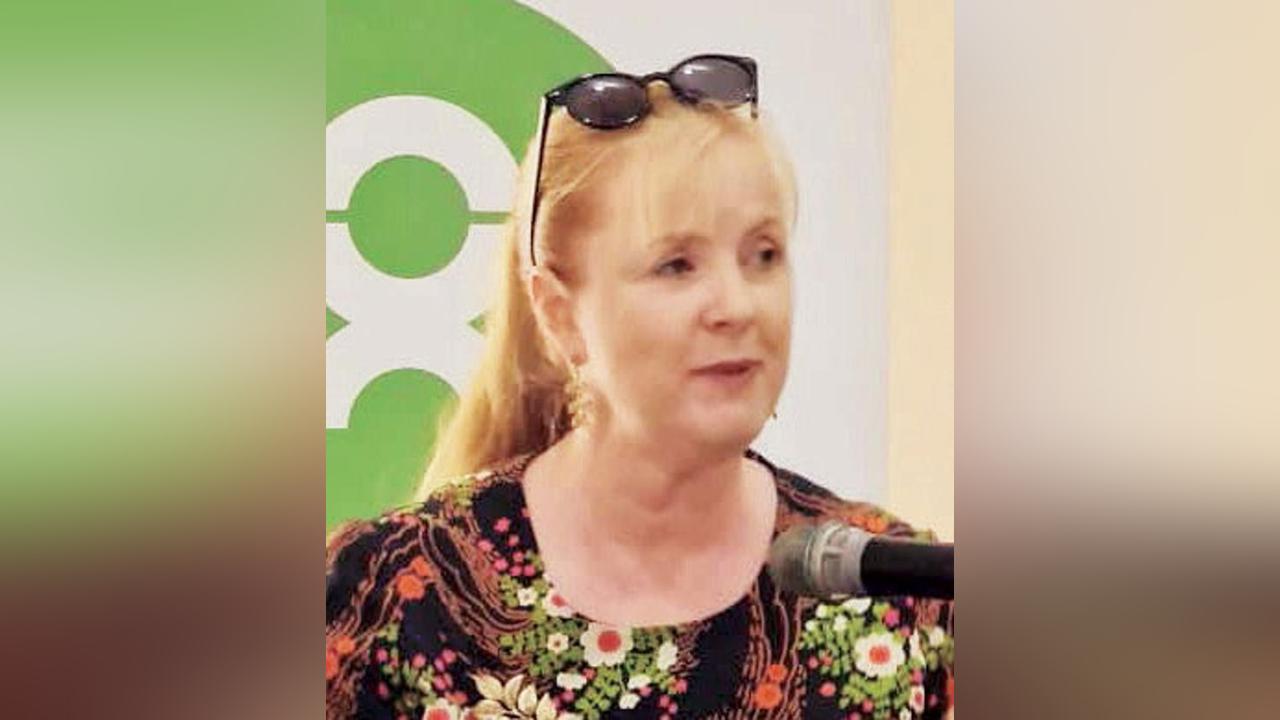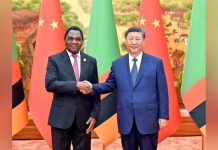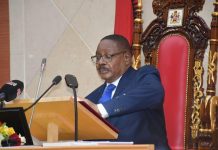Africa-Press – Malawi. Acting British High Commissioner to Malawi Sophia Willitts-King has reiterated the need for the country to implement serious structural reforms of public programmes and finance to effectively use Malawi’s public resources in 2023.
In an email response to a questionnaire, King said the reforms will be hard for all Malawians and will require statesmanship from the government and opposition alike. She said the UK, and other international partners, will remain good friends to Malawi in these efforts.
“As the government has said, more will need to be done in the new year if Malawi’s economy is to be saved. However, as friends, we must be clear that these difficult reforms are essential if money is to be unlocked from the international financial institutions, including the IMF and World Bank.
“Malawi needs a sustainable future pathway where it spends what it earns and all Malawians progressively become more prosperous. This means promoting business to grow the economy and reduce the need for borrowing,” King said.
“It also means looking to promote trade to diminish the need for aid. Meaningful consultations with the private sector is needed to better understand and unleash their full potential. Creating a welcoming environment for all investors and encouraging export diversification to guarantee foreign exchange flows recovery is vital. Finally, the fight against corruption, led by the President, remains fundamental to ensuring confidence in Malawi’s oversight of its public finances,” she added.
Commenting on the performance of the local economy in the past year, the UK High Commissioner said 2022 has been a difficult year globally, stressing that such wider context, as well as local events, have hit Malawi hard.
“The effects of climate change with two tropical cyclones, Ana and Gombe, destroyed crops and damaged infrastructure including the main hydropower plant, Kapichira. This, along with the impact of Russia’s invasion of Ukraine, has brought to crisis point the macro-economic challenges that Malawi faces.
“This has exacerbated the rising cost of servicing Malawi’s very large debts. Solving this problem requires addressing the long-standing need to stimulate and diversify Malawi’s economy and ensure government is spending what it earns in a carefully targeted way,” King said.
She said initial steps taken by the government to manage the high debt burden have meant tough decisions to allow moves toward debt restructuring which has led to an initial Rapid Credit Facility with the IMF that has provided $88.3 million in initial balance of payment support.
During the mid-year budget review, Minister of Finance Sosten Gengwe told Parliament that the government will stick to concessional borrowing with the aim of achieving external debt sustainability.
He said semi-concessional loans will only be contracted to finance projects with higher rates of return and that the government is pushing to borrow a sizable amount of money on concessional terms to repay all non-concessional or expensive loans in the public debt portifolio.
“With the current level of fiscal deficit, which is beyond the internationally acceptable level of 3 percent of GDP, my ministry will continue with implementation of fiscal consolidation measures to enhance revenue collection and control expenditure. This means that we will continue implementation of measures to reduce the fiscal deficit to manageable and sustainable levels. This, in turn, will curb accumulation of debt in the short to medium term,” Gwengwe said.
For More News And Analysis About Malawi Follow Africa-Press






